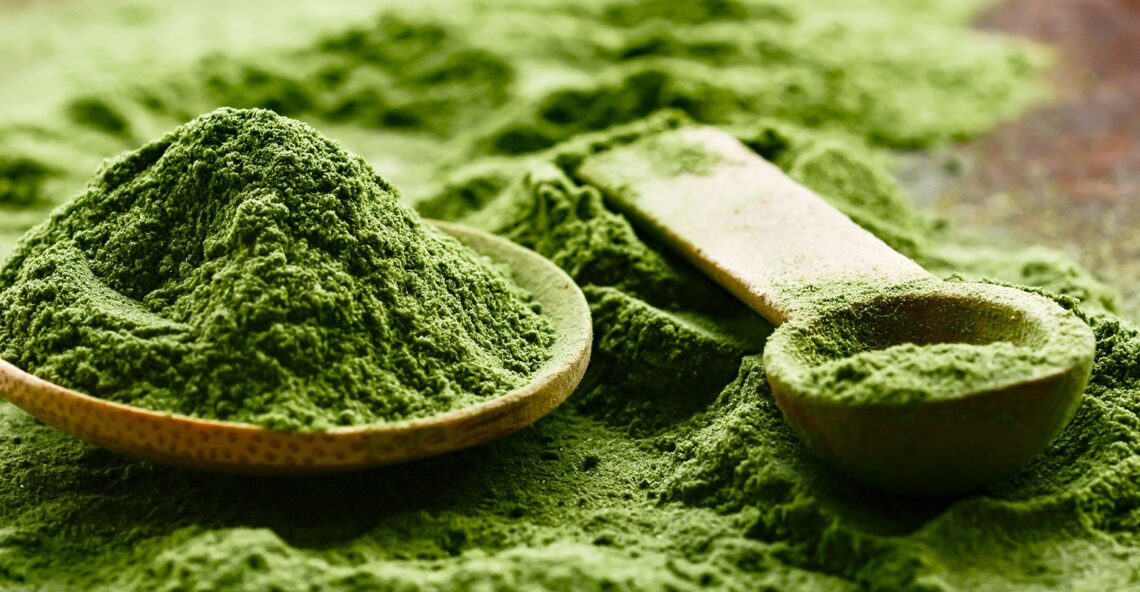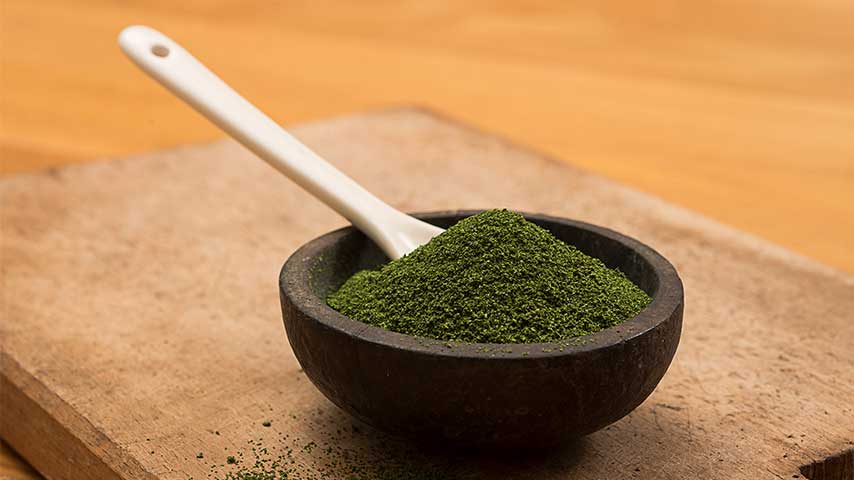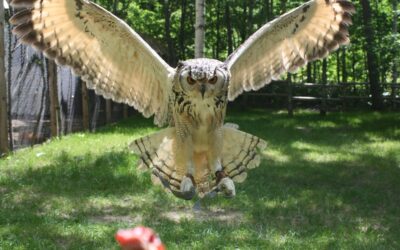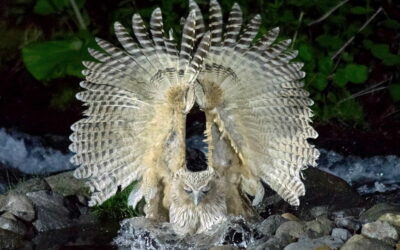
Can humans eat duckweed?
Duckweed is a fast-growing, protein-rich, plant-based source of vitamin B12 and other key nutrients that is possibly sustainable.
Astronauts take it on space missions – but do consumers want to buy it?
Duckweed is edible and has a similar taste to watercress or spinach. The wolffia genus has traditionally played a role in Asian cuisine, where it is used as a nutritious vegetable by the Thai, Burmese and Laotians.
Many varieties of duckweed are edible, and a study from German and Indian scientists also reveals, it is packed full of nutrients. It's kind of a “superfood”. Their study examined one particular species of duckweed, Wolffia globosa, and found that it has a similar protein content to soybeans or peas, and that it contains significant levels of omega-3 fatty acids.
Sustainable Protein Offerings



The Ajinomoto Group has acquired exclusive marketing rights in Japan for Mankai, a high-protein ingredient made from the aquatic plant duckweed. Mankai is a plant-based ingredient that offers excellent nutritional value, including vitamins A, E and B12; minerals such as zinc and iron; omega-3 fatty acids; and dietary fiber. In collaboration with Hinoman Ltd. of Israel, the makers of Mankai, we are co-developing new products with good nutritional balance by combining Mankai with processing and other technological capabilities.
Places With Environmental Programs
ログインしているミートミー北海道ユーザーFor Logged In Meet Me Users
この機能を使用するにはログインしてください。Logged Out

















 Contact Us
Contact Us Get Listed!
Get Listed! Japanese
Japanese Privacy Policy
Privacy Policy